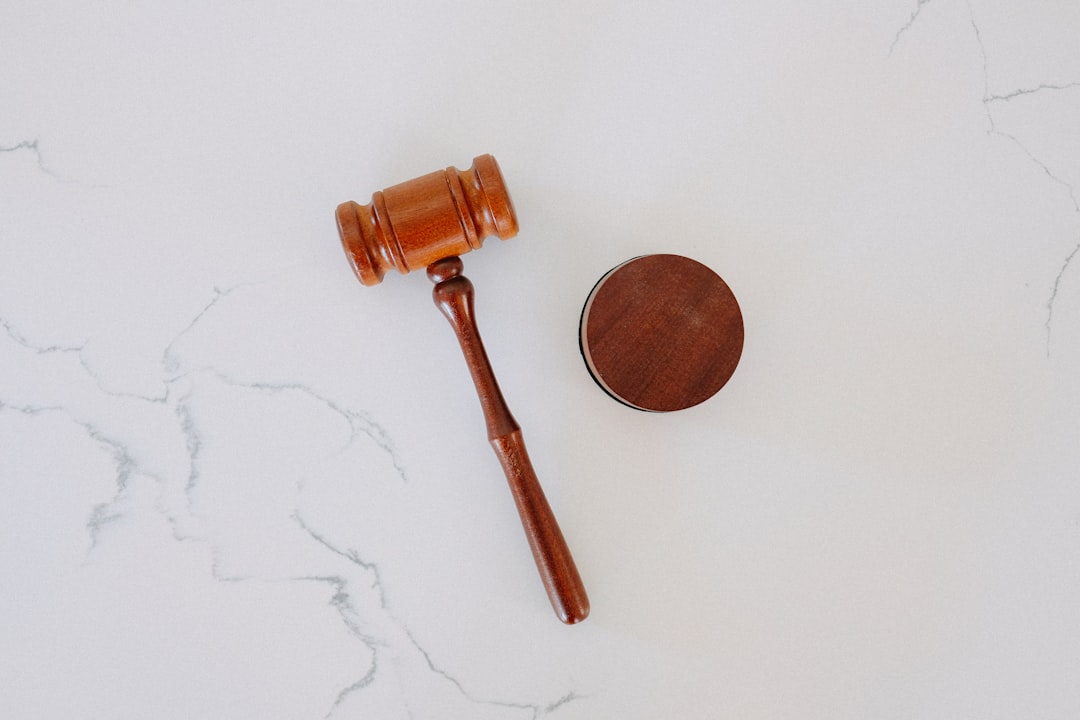Sexual assault on college campuses in Spartanburg, SC, is addressed through legal obligations under Clery Act and Title IX, collaborating with sexual assault attorneys to safeguard student rights and handle allegations. Schools prioritize safety with enhanced security, staff training, and reporting mechanisms. Comprehensive programs empower students with workshops, seminars, and consent education, while regular faculty/staff training supports interventions with the aid of South Carolina sexual assault attorneys. These efforts foster a culture of respect and accountability, significantly reducing campus sexual assaults.
In Spartanburg, South Carolina, ensuring campus safety, particularly against sexual assault, is a pressing concern. This article delves into the legal dimensions of understanding sexual assault on campus and explores effective safety measures implemented in local schools. We examine the pivotal roles of training and awareness programs in prevention strategies, emphasizing the importance of proactivity in safeguarding students. For those seeking guidance, insights from a sexual assault attorney in South Carolina offer crucial perspectives on navigating these complex issues.
Understanding Sexual Assault on Campus: A Legal Perspective

Sexual assault on campus is a serious issue that demands a comprehensive understanding, especially from a legal perspective. In Spartanburg, South Carolina, as in many parts across the nation, colleges and universities are mandated to have policies in place to address sexual misconduct and provide a safe environment for students. A sexual assault attorney in South Carolina often works with institutions to ensure compliance with laws such as the Clery Act and Title IX, which require schools to report, prevent, and respond to sexual violence effectively.
These legal frameworks not only protect students’ rights but also outline specific procedures that educational facilities must follow when dealing with allegations of sexual assault. By understanding these regulations, campuses can better equip themselves to handle sensitive situations, offer support to victims, and hold perpetrators accountable. This collaborative approach between legal experts and institutions plays a pivotal role in fostering a culture of safety on college grounds.
Implementing Effective Safety Measures in Spartanburg Schools

In the wake of growing concerns over campus safety, especially regarding sexual assault, Spartanburg, South Carolina schools are taking proactive steps to ensure a secure learning environment. Implementing effective safety measures is paramount in fostering a culture where students feel protected and empowered. These strategies encompass various aspects, from enhancing physical security with improved lighting, better surveillance systems, and emergency response training for staff, to creating robust reporting mechanisms that encourage victims to come forward without fear of retaliation.
Moreover, educational institutions are integrating comprehensive sexual assault prevention programs into their curriculums, aiming to raise awareness, promote consent culture, and equip students with the knowledge to recognize and prevent potential assaults. Collaboration between administrators, teachers, and even local sexual assault attorneys in South Carolina is vital for developing tailored strategies that address specific needs and challenges within the community. Such collaborative efforts underscore the commitment to making Spartanburg schools safer spaces for all students.
The Role of Training and Awareness in Prevention Strategies

In the fight against sexual assault, training and awareness play a pivotal role in campus safety measures. Educational institutions in Spartanburg, South Carolina, are prioritizing comprehensive programs that equip students with knowledge and skills to recognize and respond to potential threats. These initiatives often include workshops, seminars, and interactive sessions focusing on consent, healthy relationships, and personal safety strategies. By fostering an environment where open discussions about sexual assault are encouraged, students become more vigilant and empowered.
Moreover, regular training sessions for faculty, staff, and security personnel are essential. These professionals learn to identify signs of distress or potential risk, allowing them to intervene appropriately. With the support of a sexual assault attorney in South Carolina, campuses can implement effective prevention strategies that not only educate but also provide a safe space for students. Such efforts contribute to creating a culture of respect, consent, and accountability, ultimately reducing the likelihood of sexual assaults on campus.






